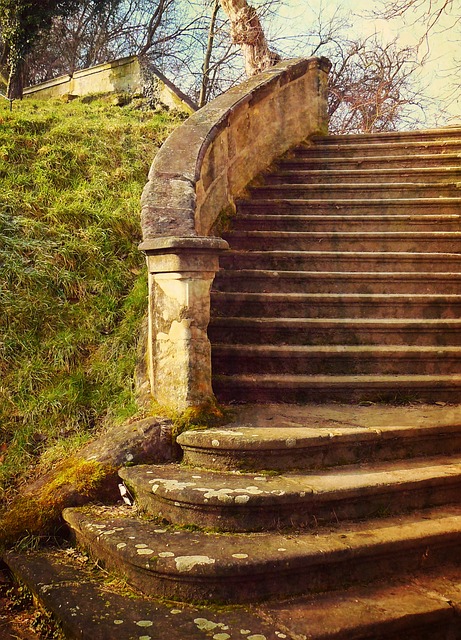I previously discussed the need for a personal vision as a leader in an organisational context. But what if you do not have an organisational leadership role? The benefits of a personal set of values and a clear personal vision apply to you as well.
The power of vision is that it attracts support and resources, helps you to integrate the diverse aspects of your life and enables you to notice things that would otherwise pass you by. Lou Tice, author of Smart Talk for Achieving Your Potential, spoke eloquently about the power of vision and argued in Smart Talk that:
You will never accomplish all that you dream, but you will seldom accomplish anything that you don’t envision first.
Vision is like a magnet pulling ideas, people and energy towards you – enabling you to achieve a unique contribution to your community and the world at large.
A personal vision helps you to ride the waves of life, with its ups and downs, highs and lows. It provides some form of protection against the temptation to be your lesser self when pressured to give into the expediency of the moment and say or do something that is hurtful or harmful to yourself and/or others.
Discovering your vision and values through meditation
The Mindful Movement provides one of the many meditations that help you clarify what it is you value and how best to formulate a personal vision that can evolve over time as circumstances change and you become better equipped to pursue what flows from your uniqueness and life experiences. Their guided meditation helps you to Discover your Values and your Vision of your Ideal Self.
This meditation provides an ideal way to become grounded first through a process of progressive body scanning and muscle relaxation. This frees your mind to be open to the potentiality of your uniqueness. It helps still the negative thoughts that can act as a barrier to developing and pursuing a vision.
In establishing a personal vision, you are sowing the seeds for happiness in your life because it opens up the possibility of doing something meaningful beyond yourself through using your unique set of knowledge, skills and life experiences.
As you grow in mindfulness, you will be able to gain a clearer view of your personal vision, realise your potentiality and experience a deeper happiness in contributing something worthwhile to your community and the world at large.
By Ron Passfield – Copyright (Creative Commons license, Attribution–Non Commercial–No Derivatives)
Image source: Photo taken on Murano Island, Venice
Disclosure: If you purchase a product through this site, I may earn a commission which will help to pay for the site, the associated Meetup group and the resources to support the blog.

